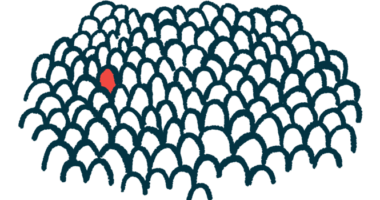
Newly Diagnosed: Treatment Strategies for Dravet Syndrome
While Dravet syndrome has no cure as of yet, there are therapeutic approaches that can help to ease symptoms and improve quality of life. Several experimental treatments are also currently in clinical trials that could prove beneficial for patients. Check out the information below to explore more about therapeutic strategies your doctor may recommend and what therapies are in the pipeline for potential future use.
Approved Treatments
There is no cure for Dravet syndrome, nor have any disease-modifying therapies been approved yet, but there are a number of available treatments that can help control seizures in Dravet patients. These therapies primarily work to reduce the number and severity of seizures, making the condition more manageable and improving patients’ quality of life. Learn more about some of available therapies for Dravet syndrome at the link below.
Experimental Treatments
Researchers are continuing to investigate a number of experimental therapies, from those that may be able to more effectively manage disease symptoms such as seizures to those that may be able to treat the underlying genetic mutation that causes Dravet. Learn more about some of the experimental therapies currently in the pipeline at the link below.
Non-drug Treatments
Non-pharmaceutical strategies such as physiotherapy and speech therapy may help patients minimize development delays associated with Dravet syndrome, leading to a better quality of life. Vagus nerve stimulation is another approach that, when used in combination with anticonvulsant therapies, may help reduce the frequency and severity of seizures. Learn more about these therapeutic strategies at the links below.
Medications to Avoid
Anticonvulsants are typically used to control seizures in Dravet syndrome, and sodium channel blockers belong to a group of anticonvulsants known as ion channel modulators. But sodium channel blockers, while commonly used to treat other forms of epilepsy, are usually avoided in people with Dravet syndrome because they are known to worsen seizures in these patients. Learn more about this type of medication at the link below.






